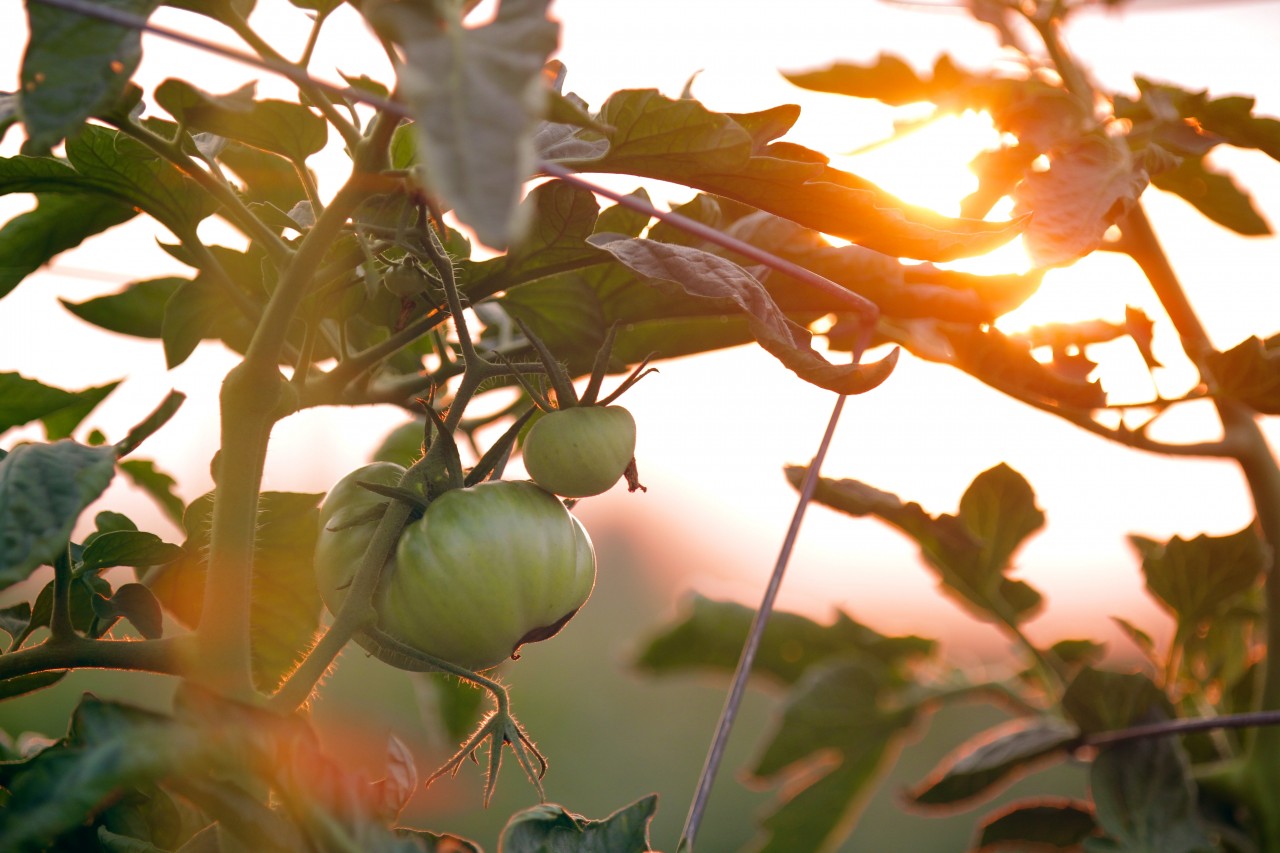My grandma was born in 1919, and was raised in a very rural setting. It’s from her that I learned a lot of what I know about growing food, food preservation, herbs and life. One day, when she was in her late 90s, we were discussing organic gardening. We often discussed gardening, but this turned out to be one of the best conversations I ever had with her.
She asked me what I wanted to talk about, and I told her that I wanted to hear her thoughts about the subject of organic gardening. She quickly replied, “About what?!”
As I began to answer her, my head was filled with a lot of specifics. I could tell that she might become confused, so in a very simplistic way, I attempted to explain that there is now a term used to describe gardening practices where people grow things without using toxic chemicals, herbicides, pesticides or fertilizers. This term is called “Organic Gardening.” As soon as I said that, she let out a big, belly laugh and said, “Well, that’s how everybody gardened, so why are they calling it that now?”
I went on to explain that the goal was to be “sustainable.” This was a concept of using practices that wouldn’t cause any harm to the earth or its inhabitants, and not only was it to prevent harm, it also was to enhance the environment.
I tried to give examples of how everyday practices could affect long-term conditions. I told her that by avoiding the depletion of natural resources for the purpose of maintaining an ecological balance was smart and that food that was grown this way was healthier. She listened quietly and agreeably.
I decided to drill down a bit deeper into her memory and asked if she could remember her parents ever using anything to enhance their gardens. She said, “Yes, they did. They used to plow manure into the soil, and if one of their pear trees ever showed signs of damage to the trunk my Dad would spit some chewing tobacco into a rag and wrap it around the part of the trunk that was wounded.”
We were both laughing, and I asked, “Well, what happened?” She said, “Sometimes the tree would live and sometimes it would die, and we would replace it.” It instantly occurred to me that even with all of our information, technology, improved varieties and helpful additives, the simplicity of gardening hasn’t changed one bit.
You can give it your very best effort, but due to weather, pests, diseases and a thousand other variables, your best odds are still about 50-50. We have the ability to plant and nurture, but only God can do the growing.
When I’m in my “green circles,” conversations about different gardening methods are comfortable, and the words are familiar. The concepts make sense, and the dialog is easy. But on that day, in my conversation with my grandma, a person who was almost 100 years old and had eaten many meals made from the food grown by her own hands, the words sounded foreign, and explaining the definitions of “organic” and “sustainable” seemed silly. I was describing something that was centuries old and very simple and was making it sound complex, complicated and even political.
In these days when simple things can seem complicated and difficult to understand or explain, let me remind you the words of Psalms 54:4, “Behold, God is my helper; The Lord is the Sustainer of my soul.” Our relationship with God isn’t any more complicated than that. It is He, and He alone Who, in the beginning, created everything from nothing and continues to enhance the environment of our lives. He gives us the things we need to live, grow and flourish and to not be depleted. He keeps us in balance and has given us His Word to help us in times when we might get hit with storms and suffer harm. He is the true definition of sustainability.
In gardening, we have to do our part but we can only do so much. All praise be to our loving Father for being our Ultimate Sustainer.





